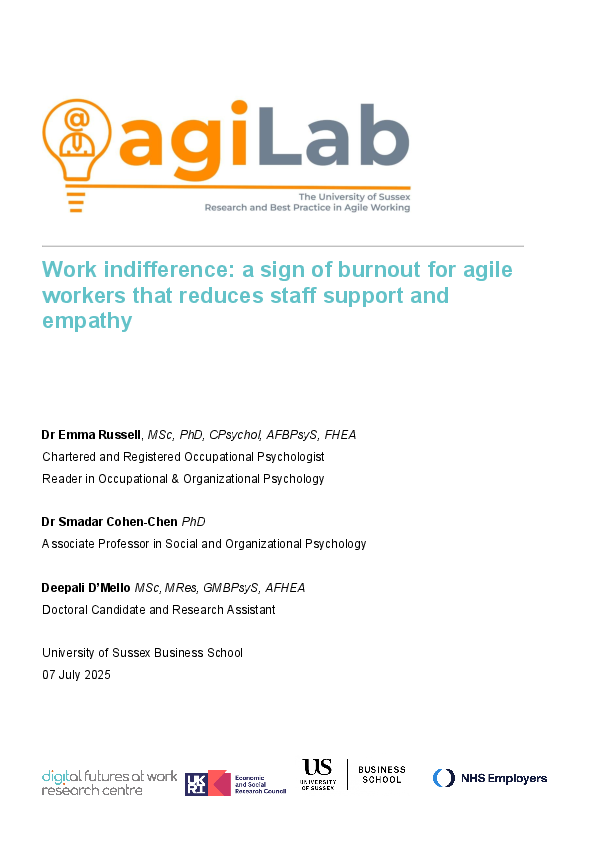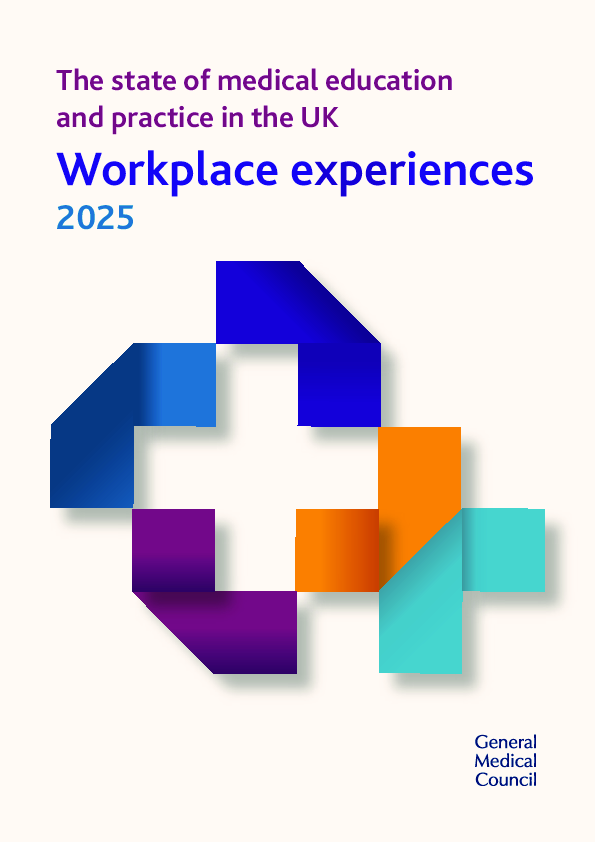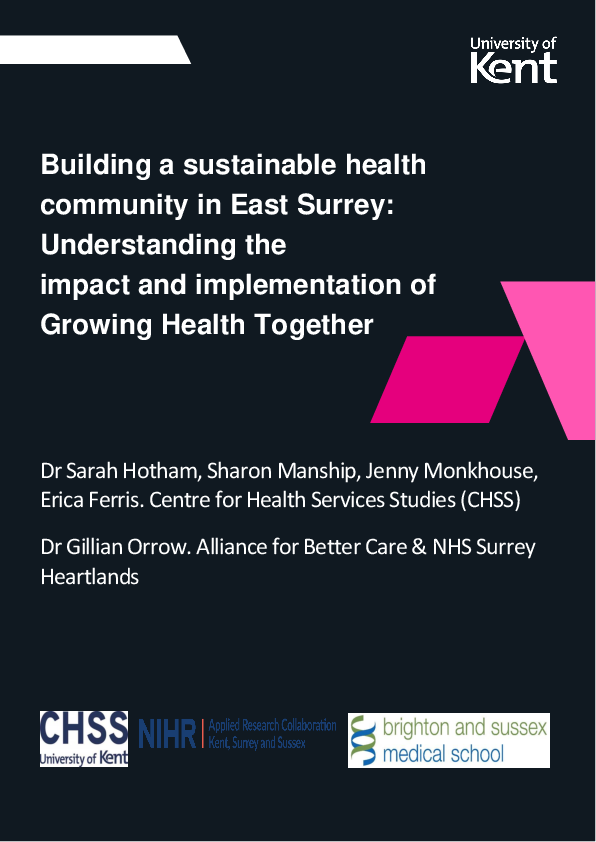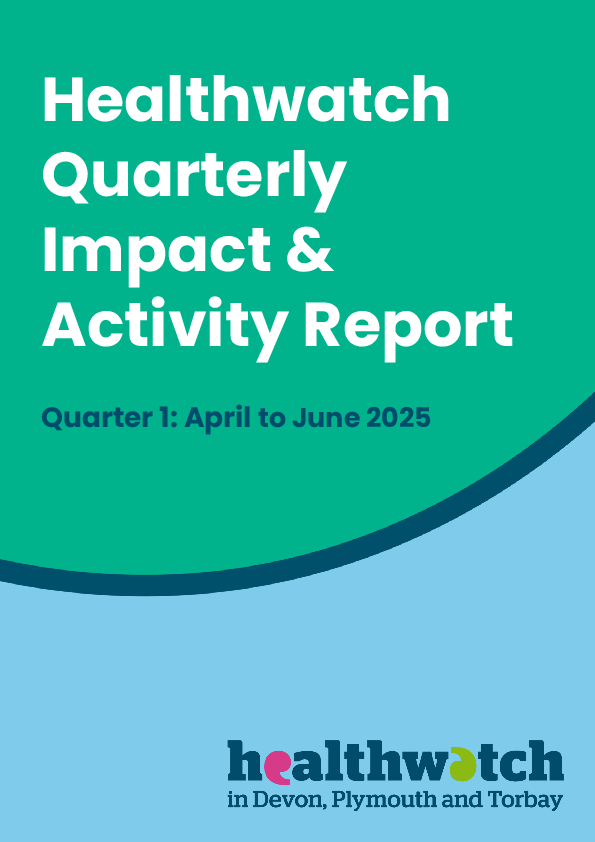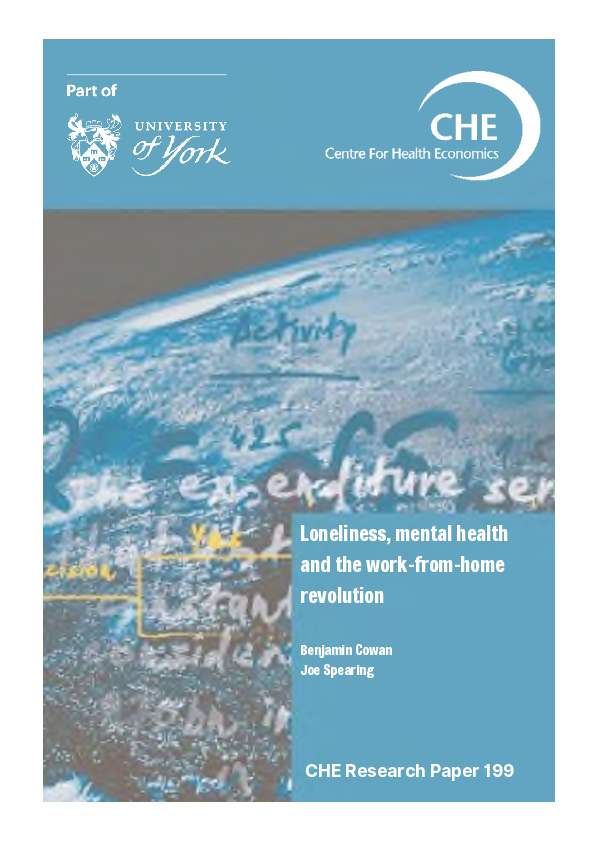We examine the effect of the large post - COVID increase in remote work on loneliness and mental health, using Understanding Society data from the United Kingdom. We use differences - in - differences estimators that flexibly control for a rich set of co - variates to compare changes in key variables amongst two groups: those who worked in teleworkable occupations in 2019, and those who worked in non - teleworkable occupations in 2019. We find that relative to those who worked in non - teleworkable occupations, workers in teleworkable occupations significantly increased their propensity to remote work from 2020 onwards. They also experienced higher levels of self - reported loneliness, particularly amongst women, and worse mental health. By contrast, we find no evidence of changes in job satisfaction and any improvement in work - related autonomy is limited to men. Our results suggest that the rise of remote work may contribute to increased loneliness and worsening population health, albeit at modest levels.
[less] We examine the effect of the large post - COVID increase in remote work on loneliness and mental health, using Understanding Society data from the United Kingdom. We use differences - in - differences estimators that flexibly control for a rich set of co - variates to...
[more]
